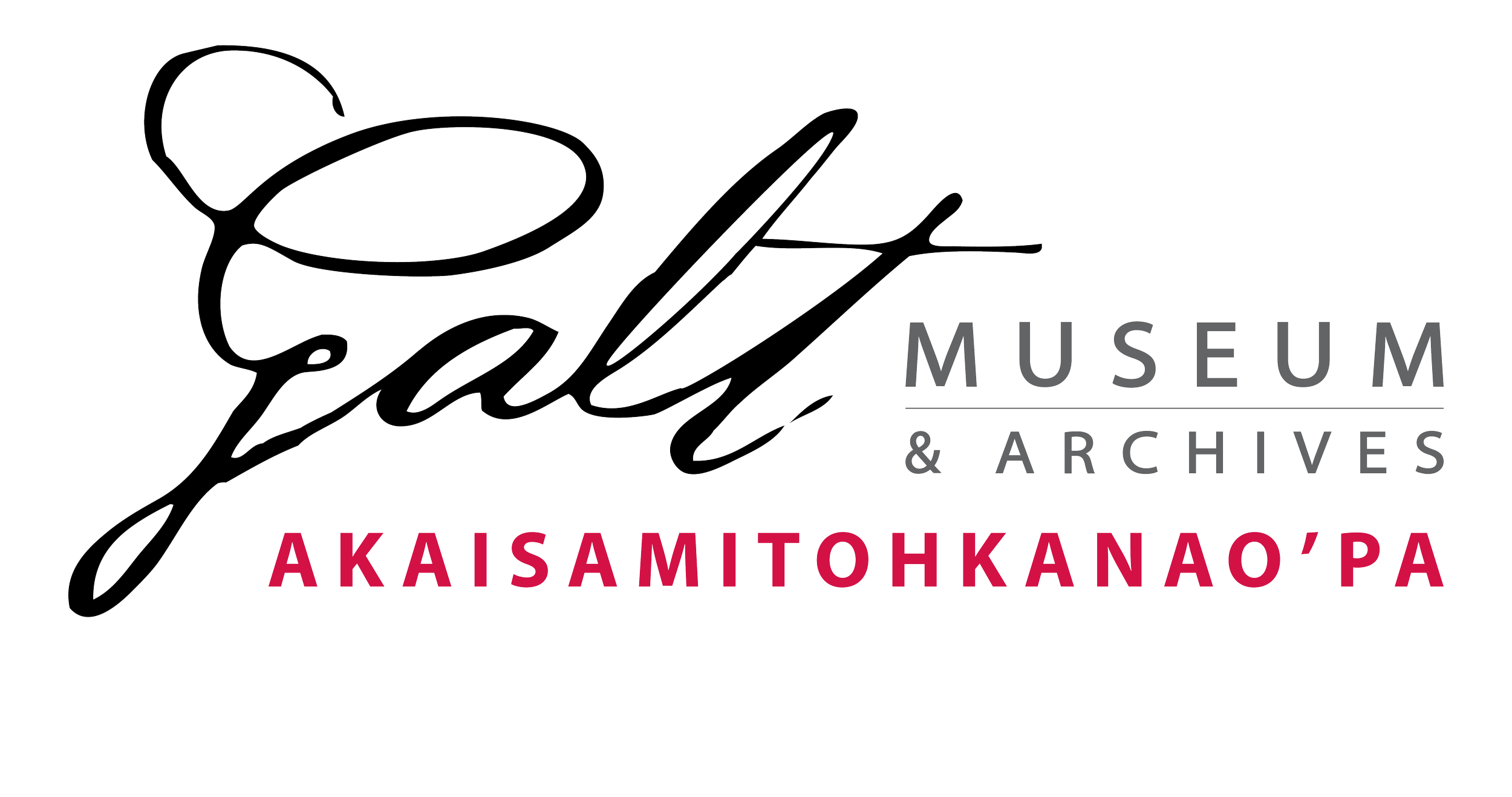A Brief History of Oral History
by Mack Penner
Oral history continues to be popular, and so the Galt has developed its own oral history project this summer. Modern oral history is quite new, but the oral historical tradition can also be traced back to Ancient Greece and China. For example, the Ancient Greek historian Herodotus, who Cicero called “The Father of History,” relied heavily on discussions with eye-witnesses in all his work.
That said, the modern historical discipline has far deeper roots in post-Enlightenment – the Enlightenment, also known as the Age of Reason circa (1685-1815). Western Europe than it does in the Ancient World. Especially in the 19th century, European historians like Leopold Von Ranke (1795–1886) believed that history ought to be written objectively, using primarily archival sources. This, of course, meant that personal or subjective experiences were not seen as important. History could be found in official political and military documents, not in the memories of real people. This is why we know so much about kings and queens of the past, and relatively little about their subjects who made up the population.
Sometime in the second half of the 20th century, historians began to reconsider this emphasis on objectivity. The field of “social history” began to embrace the everyday experiences of “ordinary” people and this led rather quickly to a revitalization of oral history. Historians began to seek interviews where people would narrate their own memories and experiences and these kinds of interviews became the basis for much historical literature.
We are hoping to speak with people who were active on the left in Southern Alberta after World War Two – communists, socialists, and social-democrats. Anyone who might be interested in participating in this project can contact Mack Penner, Oral History Researcher, by phone at 403-894-7927 or by email at mack.penner@galtmuseum.com.
